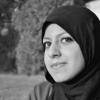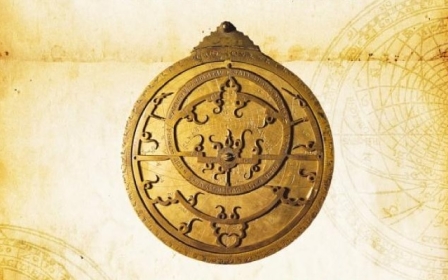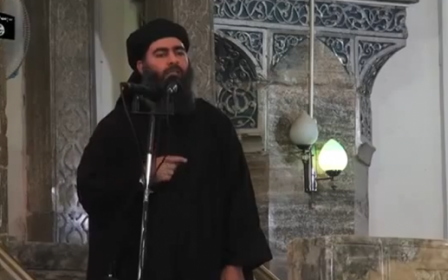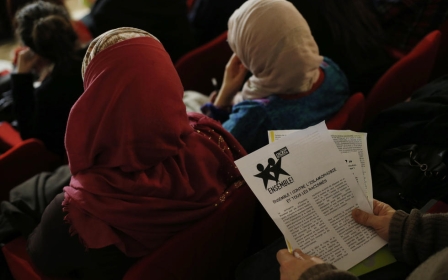My name is Jihad: Is that a problem?
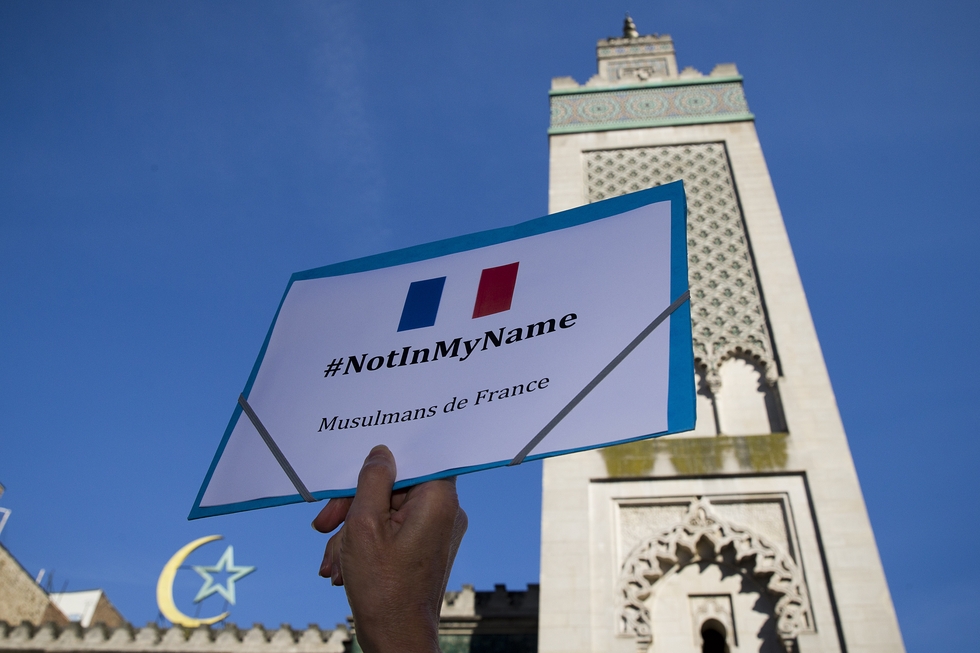
It seems to me unlikely that other people think about their names as much as I think about mine. Constantly, I ask myself how I should spell it. Does this way of spelling it mean I am shooting myself in the foot? Does spelling it differently or switching letters around mean I am announcing defeat or caving into something I don’t believe in?
I think about it when I think about my past, and when I think about my future. What if I want to be a journalist, or maybe a scholar, or maybe anything else - will I find venues? People often say that to be a successful journalist, you have to “get your name out there”.
My name is already “out there”. My name is in an all the local, regional and international news outlets. But it is rarely in the byline. Any time you see my name in the headlines, know that it is bad news. It will likely also be highly sensationalised news. The terms mujahideen or “jihadists” are, after all, much more Orientalising and luring than more bland words, like masked gunmen, militants or fighters.
When I search just my first name as a keyword in the search engine of an Egyptian daily news site I worked at for over a year, articles on “jihadists” come up in the list of results before anything I ever wrote.
My name has been on the news for almost as long as I can remember, or at least since I was seven. When I was seven years old, my family and I moved to the United States.
My name, which had been written Jihad Abaza in my first-grade English notebook, was now to be spelled Gehad Abaza. My parents knew it might be problematic and they thought it would be wiser to avoid trouble. This issue was not on my mind at the time. Instead, I was excited to see whether the houses in America would resemble the houses I saw in weekly Arabic-written Mickey Mouse and Disney comics.
When I got to the US, and entered elementary school, everyone pronounced my name “jihad” anyway, and I liked it better like that.
The name was almost always the first one on the attendance sheet. Every year, for every class, I would know the teacher was about to call out my name from the look on his or her face. Sometimes they would be so surprised that they intuitively asked, “Your name is Jihad?” And I would answer, yes. Sometimes the instinctive question would be followed by a “That means holy war, right?” and sometimes, it would be followed by a silent condemning look.
The name also put me in a number of awkward situations.
It was awkward when my seventh-grade algebra teacher told other students in a different class about my name. “One of the students in my other classes… her name is Jihad? Can you believe that?” she had said in my absence. My friends came and told me about it afterwards.
It was also awkward having to put up with a kid in middle school named Zack, who would shout out “Jihad Jihad… Mohamed Jihad” every time he saw me. Other kids thought it was funny, and sometimes I would smile along just to not make it a big deal.
It was also quite unpleasant when I was in high school and during an introduction a man pulled his hands back before shaking my hand because he heard my name and got afraid.
It was awkward when radio and television channels were turned on amidst a group of friends, and there was my name again … the hot topic of the discussion.
However, the worst experience of all was the encounter with my fifth-grade teacher Mrs. Heller. In class, Mrs Heller, a starch Zionist, made a habitual hobby out of challenging me to answer to her questions of why “Palestinian terrorists would kill Israelis in suicide bombings”.
She would single me out in commemorations of September 11th and ask me “why Muslims did that?” Mrs Heller also took my friends aside and told them not to spend time with me. “Jihad is not good for you,” they later told me she had said, quickly in the break, before leaving so that she didn’t see them talking to me.
But my name does not mean “holy war”, the 10-year-old me would say to my colleagues. “It means to work hard.” You can have jihad in anything. I tried to give examples: “When you work really hard on your homework, and you challenge yourself to get better grades… that’s jihad.”
I still believe this is what jihad is, despite the many ways in which it has been appropriated. Despite the meanings imposed on to it by all the Mrs Hellers of the world, and all the self-proclaimed “jihadi” groups of the world. Despite the fact that the word jihad has become synonymous in people’s minds with “terror” and “holy war”, and despite the fact that a word called “jihadist” was made up to become a sensationalised equivalent for the word “terrorist”.
This article is a call to break that link.
The point of recalling the aforementioned experiences was not to victimise myself. Nor was it just to highlight how embedded and obscured the violence of racism is in our everyday lives. Rather, it is to bring forth the question of what is at stake when we throw terms around without context.
Jihad is a word with clearly contested and loaded meanings. Yet, I maintain that most of all, it is a struggle. Everyone has their own jihad. There is no life without struggle. There is no life without jihad.
- Jihad Abaza is a journalist and Master's student of Anthropology based in Cairo. Her interests pertain to state-sponsored violence, human rights, as well as student and labour movements.
The views expressed in this article belong to the author and do not necessarily reflect the editorial policy of Middle East Eye.
Photo: A man holds a placard reading "Not in my name" during a demonstration called by Muslims groups to denounce the "barbarism" of Islamic State on 26 September, 2014 outside Paris's main mosque (AFP).
New MEE newsletter: Jerusalem Dispatch
Sign up to get the latest insights and analysis on Israel-Palestine, alongside Turkey Unpacked and other MEE newsletters
Middle East Eye delivers independent and unrivalled coverage and analysis of the Middle East, North Africa and beyond. To learn more about republishing this content and the associated fees, please fill out this form. More about MEE can be found here.


